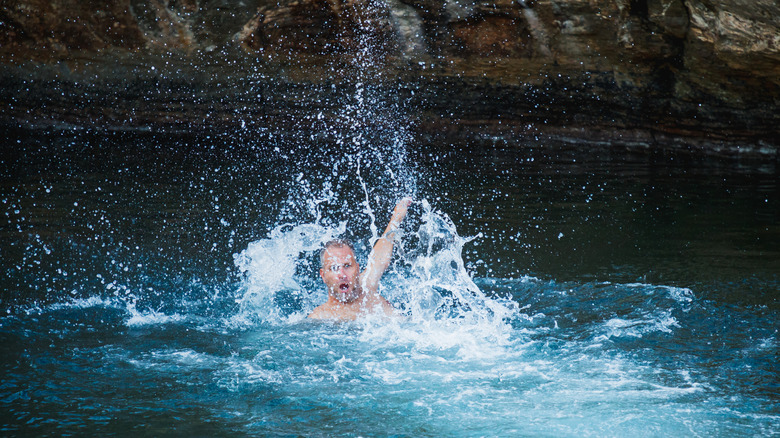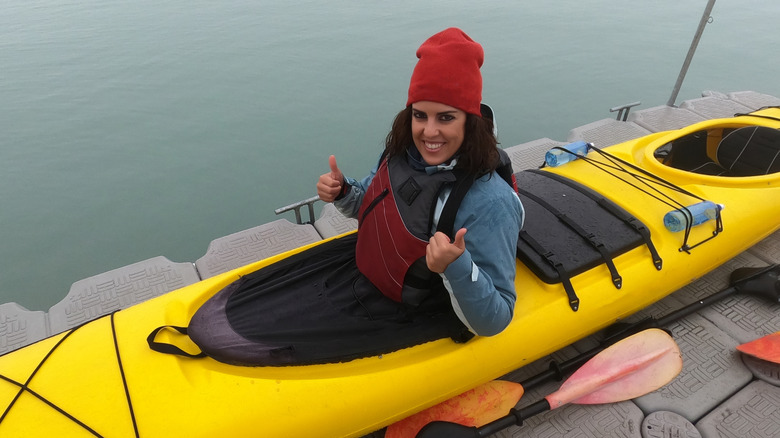Swimming is a beloved summer pastime and an excellent way to get exercise, but it’s also inherently risky. According to the CDC, drownings are the third leading cause of “unintentional injury deaths” around the globe. Each year, around 300,000 people drown. Children are the most at risk, and drowning is a leading cause of death for young people aged one to 14. Furthermore, cold water temperatures are particularly dangerous and can increase the risk of drowning.
Most people understand the risks of hypothermia, which happens when the body temperature drops below 95 degrees Fahrenheit and can be deadly, but you might not realize that cold water drownings are often not related to hypothermia. Water doesn’t have to be extremely cold or freezing to be dangerous. If you mistakenly fall into cool water, your body can still experience shock. And cold water shock can kill in just a few minutes. Even if you’re an experienced swimmer, it’s crucial that you pay attention to water temperatures and take the proper safety precautions whenever you’re swimming — especially in natural bodies of water. With a little preparation and awareness, you can enjoy incredible swimming holes around the world safely.
The dangers of cold water shock
If the weather is warm, it can be easy to brush aside fears of hypothermia and cold water risks. However, according to the National Center for Cold Water Safety, water temperatures from 50 to 60 degrees Fahrenheit can “kill you in less than a minute” which is less time than it takes to succumb to hypothermia at freezing temperatures. The National Center for Cold Water Safety website goes on to explain that, “Thousands of people have drowned after falling into cold water and a lot of them died before they even had a chance to reach the surface — because if you gasp when your head is under water, you’ll drown.”
One of the reasons this happens is because water feels much colder than air due to its density. Cold water that is around 45 degrees Fahrenheit can be painful when it comes in contact with the skin. A sudden plunge into chilly water can cause you to instantly lose control of your breathing, which can be very dangerous especially in moving or rough water. The lack of ability to control your breath means you might inhale water which leads to suffocation. Keep in mind that it only takes adults 60 seconds to drown. For children, it can happen even faster.
On top of this, even if you’re able to get your breathing under control, you’re still at risk. Cold water shock can cause a heart attack or stroke because it quickly raises your blood pressure and increases your heart rate. Overtime, the cold water shock can cause your muscles to slow and eventually stop working. “It’s quite possible to lose the ability to use your hands in 60 seconds, and use of your arms in minutes,” the National Center for Cold Water Safety website explains.




